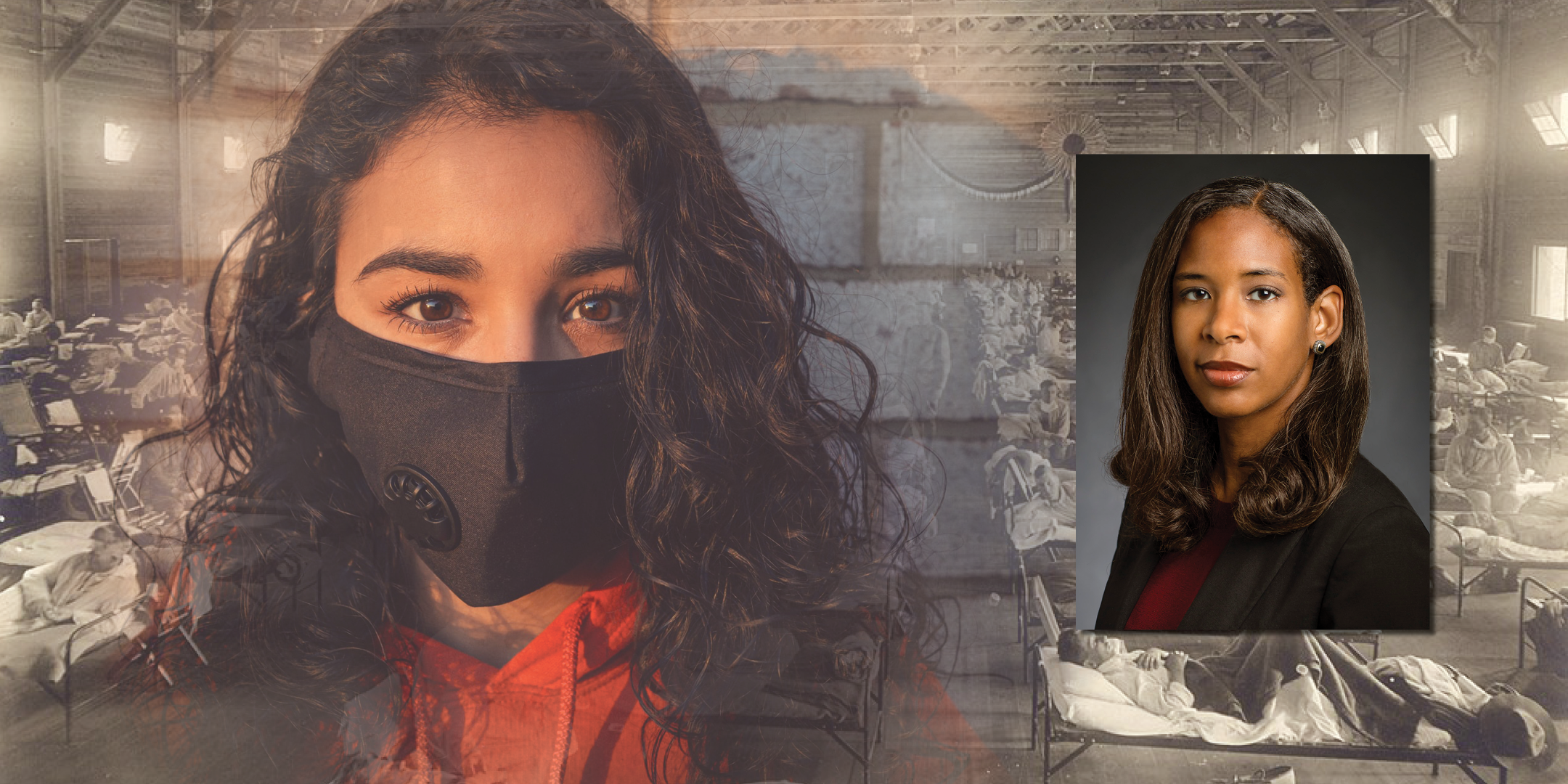Join the Institute for Humanities Research Health Humanities Initiative for "Medicalizing Blackness: Lessons from the 18th-century American Atlantic," with Rana Hogarth. This event is Part 4 of Plagues, Epidemics and Culture: Histories of Crisis and Care.
Rana Hogarth is associate professor of history at the University of Illinois at Urbana Champaign. She holds a Ph.D. in History, with a concentration in history of science/history of medicine from Yale University; an M.H.S. in Health Policy from the Johns Hopkins Bloomberg School of Public Health.
Her research focuses on the creation of ideas about racial difference in North America and the Caribbean as they emerged through the language of medicine and its allied fields. Her scholarship highlights how the professionalization of medicine and the production of scientific knowledge in the Americas was bound up with the making of race. Her research intersects with African American history, history of science, history of medicine and Atlantic world history. Her first book, "Medicalizing Blackness: Making Racial Difference in the Atlantic World, 1780," (University of North Carolina Press, 2017) examines how white physicians defined blackness as a medically significant marker of difference in slave societies of the American Atlantic. Her research has appeared in journals such as "Social History of Medicine," "American Quarterly," "African and Black Diaspora: An International Journal" and the "American Journal of Public Health."
Plagues, Epidemics and Culture: Histories of Crisis and Care
The COVID-19 pandemic has begun to permanently reshape our world; it has thrown into sharp relief the networks of care that support human flourishing and those structures that are inadequate and unjust.
But it is not the first or the only disease outbreak that has threatened human health nor disproportionally affected those already disadvantaged by established institutions and networks of care. In this series, invited humanities scholars discuss their research in the context of the current COVID-19 crisis.
Featuring scholars whose focus is on the histories and representations of epidemics, this series will explore what can be learned from historical changes in the cultures of care that arose from those crises. Speakers will also address how histories of bias, racism and colonialism are intimately bound up in the history of epidemics.
These talks will address how we might draw lessons and envision equitable futures of care for our own local and global communities.
These online events are free and open to the public, but pre-registration is required.
